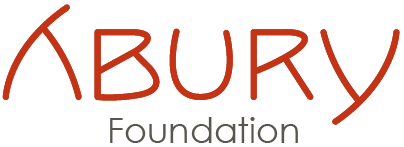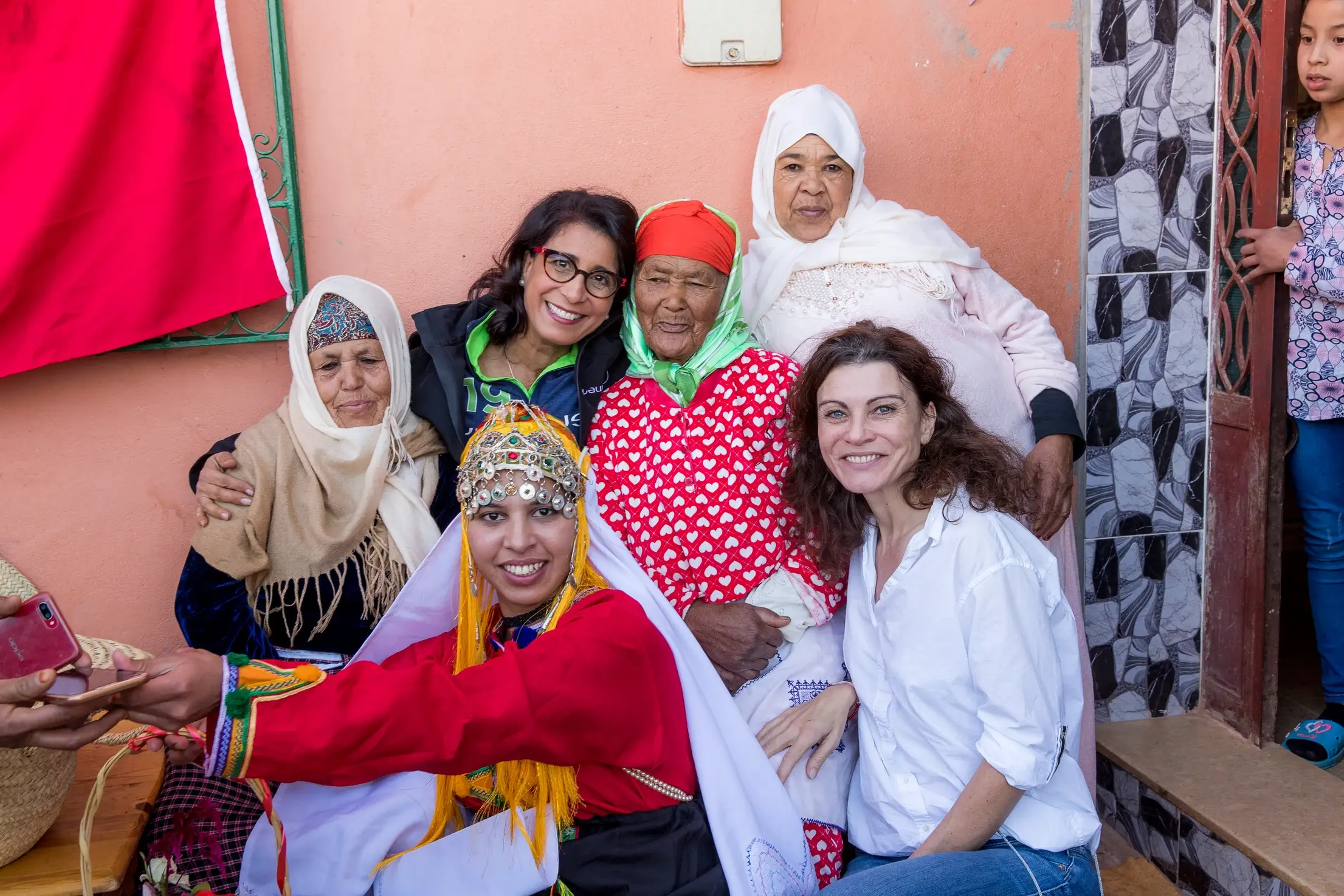Why is it difficult for women to become entrepreneurs?
At ABURY Foundation we stand for women empowerment, and one of our goals with the BECOMING NALA project is to help female entrepreneurs boost their business through a worldwide platform. The BECOMING NALA project is the global catalyst for women’s empowerment through providing access to existing networks, mentoring, and funding projects all over the world for (future) female entrepreneurs, especially in remote or disconnected areas.

Gathering different reports about the subject, we will explore the main obstacles women face in their entrepreneurial process. At the same time, we will share some of the recommendations to fight them. In the end, we will see how the BECOMING NALA project can contribute to help female entrepreneurs to achieve their objectives.
We can divide the main obstacles for women to become entrepreneurs into 4 broad topics: The lack of role models, the difficult access to financial resources, not enough STEM (Science, Technology Engineering, and Mathematics) education for women, and structural inequality in the society.
The lack of role models in entrepreneurship can be fought, according to reports, promoting the development of women entrepreneur networks and supporting the associations that work for it, because they can improve advocacy and strategic partnership between women entrepreneurs.
The difficult access to funding for women is remarkable. For example, the Female Founders Fund shows in its report the state of female funding in the United States, and nowadays female entrepreneurs receive just 3% of total venture capital dollars invested into early-stage companies, and the proportion of entirely female-founded companies is 6,5%.
Another example of the CEE area where the funding going to all-female founding teams dropped from a high of 4.1% in 2018 to just 1% in 2020, as a result of the pandemic. To put that figure in context, roughly 13% of the region’s startups are founded by women.
A possible solution to tackle the poor access to funding could be to create specific funds that offer suitable credit for women-owned businesses since gender bias is the main responsible for that.
Gender gaps are more likely in sectors that require disruptive technical skills, and women are underrepresented in STEM studies. Obviously, there is much to do in public policies to encourage women to study tech degrees, but training in technical skills may not be enough, as many women lack confidence and belief in their entrepreneurial abilities. One answer could be to bundle services such as combining business training with financial education, mentorship, and coaching opportunities to empower future entrepreneurs.
Last but not least, structural inequality is the frame that makes possible all the obstacles for women entrepreneurs. According to the Gender Gap Report 2021, the proportion of women among skilled professionals continues to increase but wage inequality persists, we find a persistent lack of women in leadership positions, with women representing just 27% of all manager positions worldwide, politics is the major gap area, with only 22% of the gap closed to date. Not only in the public sphere there is inequality, in the private sphere, we still have unequal distribution of domestic tasks including dependent care.
These are some examples of daily gender inequality that don’t have an easy solution, but an urgent coordinated response of the whole society. Among the recommendations reports indicated, we find affordable child care, equal treatment in the workplace, or reassign domestic responsibilities. According to the Women’s Entrepreneurship Development report of the OIT “Developing a supportive environment for women’s entrepreneurship is important to women’s success. This includes helping women to deal with their multiple roles and involving men, families, and communities (as appropriate) in women’s entrepreneurship”. This report also points out the need for gender awareness training for suppliers and service providers in order to develop their capacities to serve the needs of both female and male entrepreneurs.
As stated in the report of OECD Women Entrepreneurship: Issues and Policies, women entrepreneurs have an important impact on the economy, both in their ability to create jobs for themselves and to create jobs for others. That is why it is recommended to listen to the voice of women entrepreneurs, and to work with a gender perspective.
How can The BECOMING NALA project contribute to women’s entrepreneurship?
First of all, the project aims to connect women entrepreneurs through its global network and to enhance the visibility of female entrepreneur’s associations.
Secondly, it will make it easier to find suitable funding for each project, especially for those women living in rural areas.
In the third place, it will provide large training and mentorship options to develop the necessary skills, be they technical or personal. Finally, the Becoming Nala project will contribute to the awareness of structural inequality with its gender perspective.
Stay tuned for news from The BECOMING NALA project on our social media: Facebook, LinkedIn.
Sources:
Global Gender Gap Report 2021 – World Economic Forum
Global Entrepreneurship Monitor 2020
Women’s Entrepreneurship Development – International Labour Organization
Female Entrepreneurship in Germany Report 2014-2015
Women Entrepreneurship: Issues and Policies 2004 – OECD
2020 Review of Funding for Female Founders
Female founders received just 1% of funding in CEE region in 2020





